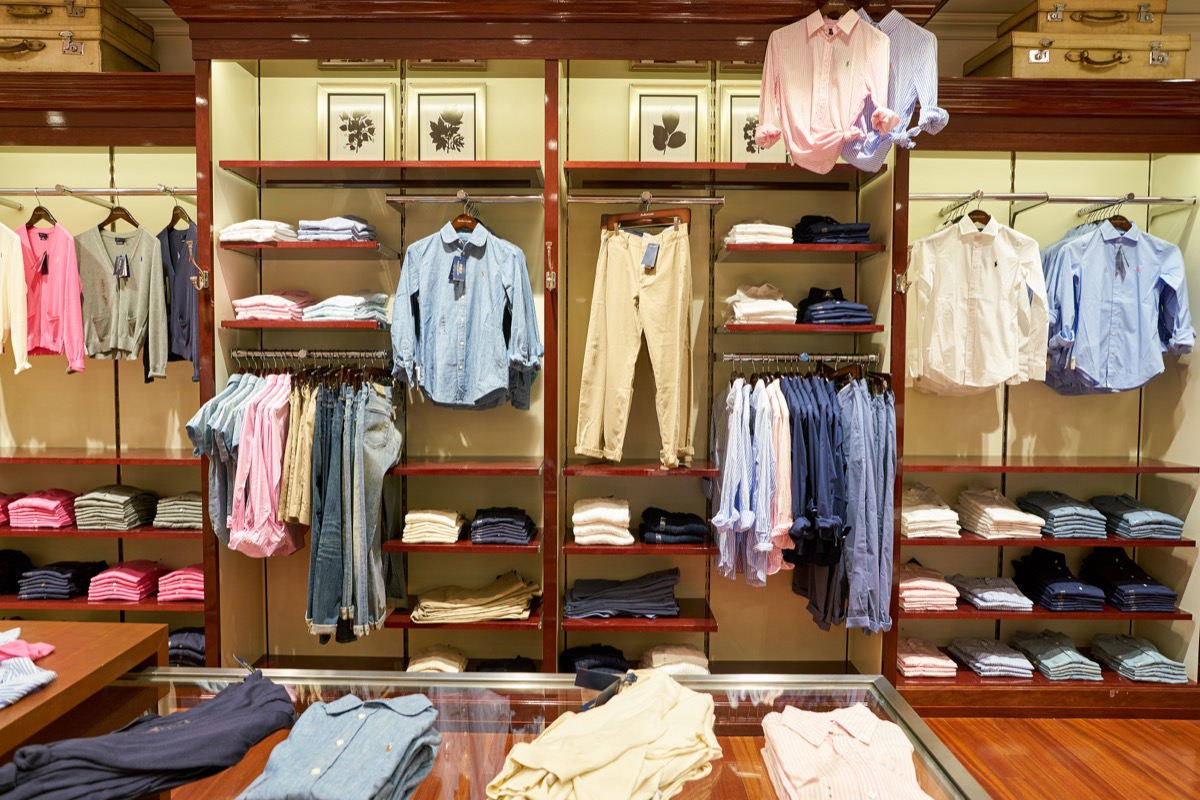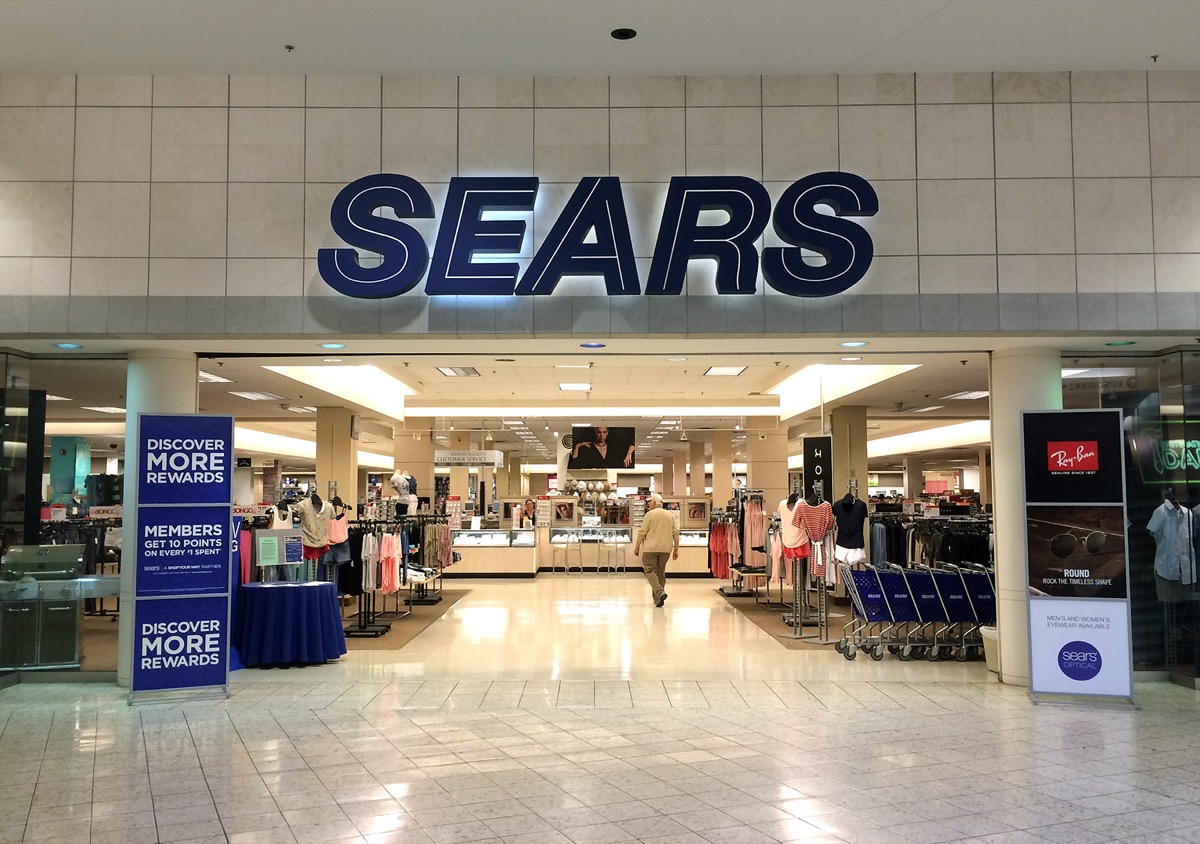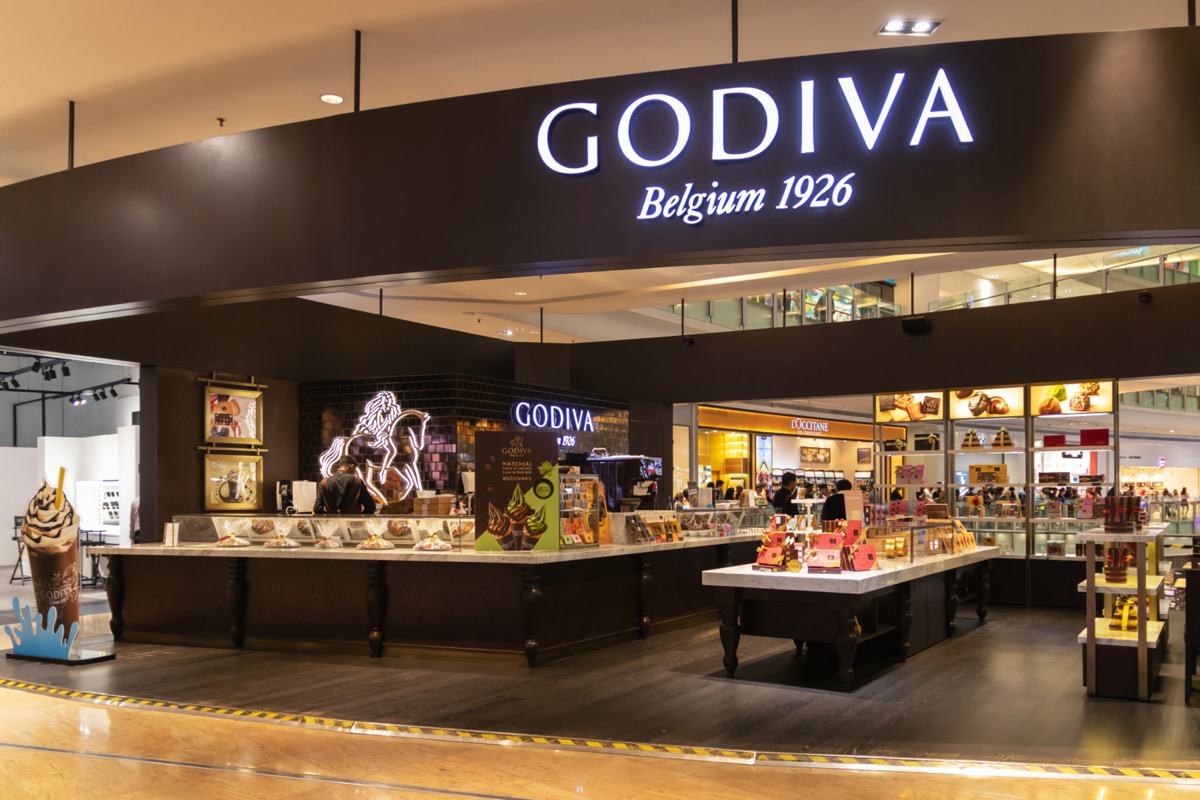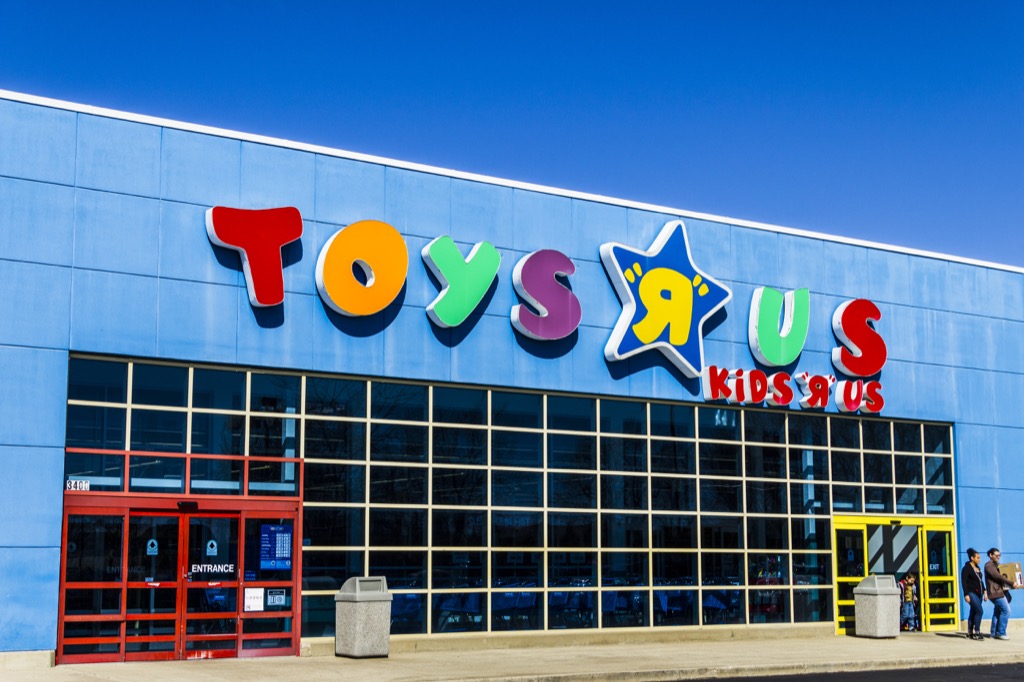This Popular Department Store Just Filed for Bankruptcy
But the retailer has already pledged not to close any stores or lay off any employees.
The COVID-19 pandemic has caused thousands of store closures and financial woes for the retail industry. Now, regional department store Belk can be added to that list. The popular retailer has officially filed for Chapter 11 bankruptcy in an effort to secure a future for the nation's largest privately owned department store. Read on to see what this development could mean for the company, and for more on shopping destinations that have fallen victim to the pandemic, check out This Beloved Chain Is Closing All Its Stores.
Belk's bankruptcy plan, which was filed in a Houston courtroom on Feb. 23, would relieve the company of $450 million in debt and create an infusion of capital for the business, The Charlotte Observer reports. It would also see the current owners, New York City-based private equity firm Sycamore Partners, pass off large stakes of the company to lenders while still retaining control over affairs.
The bankruptcy filing for the 133-year-old retailer comes about half a decade after the founding Belk family sold the company to its current owners for $3 billion. The years since have seen the Charlotte-based company grapple with all-too-familiar problems faced by others in the industry, as dwindling foot traffic at shopping malls and surging online sales created a cash crunch for the company—all just before the novel coronavirus shuttered stores nationwide.
"The COVID-19 pandemic directly resulted in drastic declines in sales, revenue, and liquidity," William Langley, Belk's chief financial officer, said in a statement alongside the bankruptcy filing.
But despite desperate times, the retailer is optimistic that the filing might just help it survive: for now, the company has pledged that it will not lay off any of its 23,000 employees and does not plan to shutter any of its 300-plus stores. "Belk stands here today with an actionable and comprehensive solution to its capital structure and liquidity issues," Langley said.
Unfortunately, Belk is far from the only shopping mainstay to struggle under the pressures of the pandemic. Read on for other stores that have begun closing amid COVID, and for a beloved restaurant that's suffering, too, check out This Popular Pizza Chain Just Filed for Bankruptcy.
1
Ralph Lauren

The '90s may have been a heyday for popular fashion brand Ralph Lauren, but times have changed—and so have the company's fortunes. During a recent earnings calls with investors, Ralph Lauren announced that it would be closing some of its retail operations, saying that it plans to reduce its corporate footprint by 30 percent and shut down up to 10 stores globally as part of a larger plan to focus on digital sales, which was in place before the pandemic began.
Executives on the call said that the store closures would help the company save on exorbitant rent costs. Jane Nielsen, CFO and COO of Ralph Lauren, reportedly stated that this would help the company "embrace new ways of working" and to "pivot resources to our key strategic priorities."
2
Sears and Kmart

It's no secret that Sears and Kmart have seen better days. The retailers, which are both owned by the parent company Transformco, recently announced plans to shutter at least 20 branches of Sears and seven Kmarts by mid-April of this year, USA Today reports.
Sears has seen a drastic reduction in its footprint since 2010, when it boasted more than 3,900 stores. By 2019, that number had shrunk to just 489, with just 36 department stores left at the end of Jan. 2021, according to Forbes. Kmart saw a similar reduction in its store count, dropping from 360 in 2019 to a total of 30 now. And for more on brands that are cutting back on storefronts, check out This Popular Clothing Store Is Closing at Least 200 Locations.
3
Godiva

A trip to the mall will never be the same for those with a sweet tooth: famous chocolatier Godiva recently announced that after 95 years, it will close all 128 of its U.S. stores by March of this year, CNN reports. The company had actually planned to expand its retail footprint until the COVID-19 pandemic struck, and had previously announced that it would open 2,000 new Godiva cafes globally.
"Of course, this decision was difficult because of the care we have for our dedicated and hardworking chocolatiers who will be impacted," Godiva CEO Nurtac Afridi said in a statement. "We are grateful for all they have done to make wonderful moments for our consumers and spread happiness through incredible customer service and living our values and behaviors."
Fortunately for chocolate fans, the company has said that it will continue to sell its products online and through a number of specialty and grocery stores across the country. And for more retail news sent right to your inbox, sign up for our daily newsletter.
4
Toys R Us

Once a staple of many a childhood, Toys R Us recently reduced its footprint until just two stores were left: one in Texas, the other in New Jersey. Those brick-and-mortar locations pivoted from functioning as more traditional toy stores to focusing on more "experiential" features after being sold to a new parent company, Tru Kids, Inc, in 2018. But with the COVID-19 pandemic forcing the closure of malls and retail stores nationwide, the last remaining Toys R Us stores didn't survive.
"As a result of COVID-19, we made the strategic decision to pivot our store strategy to new locations and platforms that have better traffic," a Tru Kids spokesperson told CNN Business, while confirming the closures. Still, more than 700 stores will remain open internationally while Toys R Us continues to sell online in the U.S. And for more on brands that are shutting down their shops, check out This Beloved Furniture Chain Is Closing All But 1 of Its Stores.






















